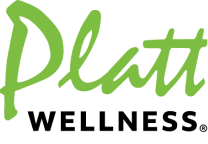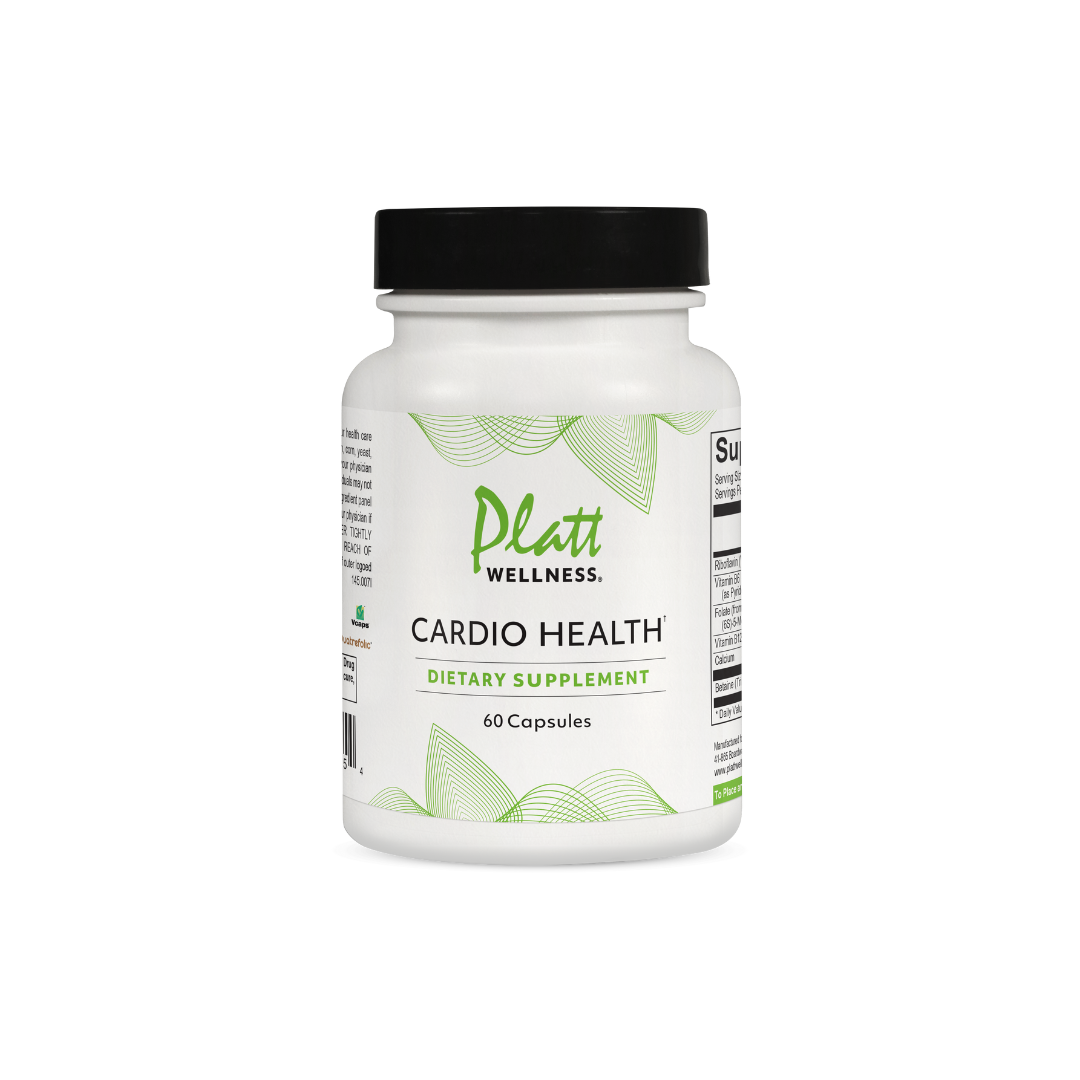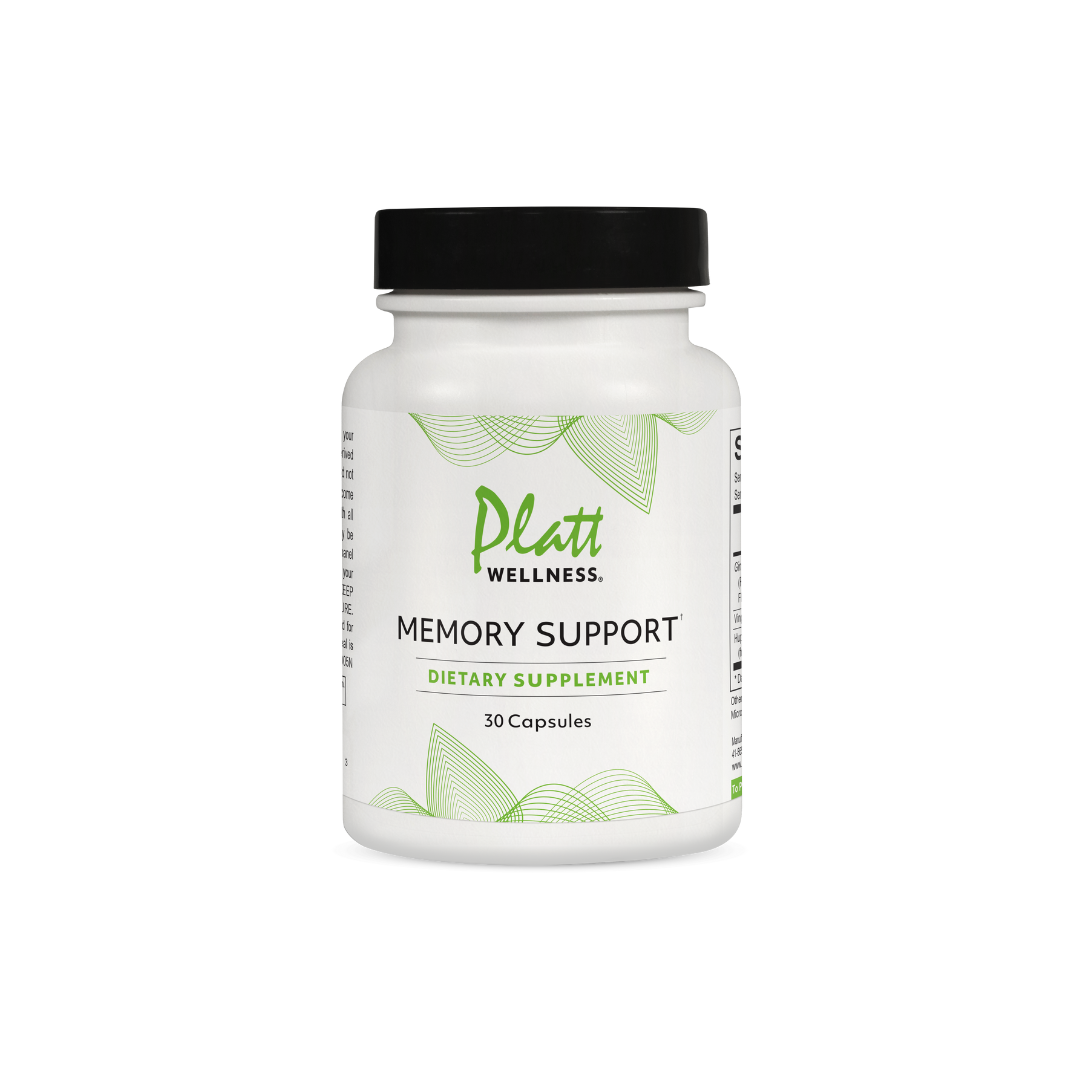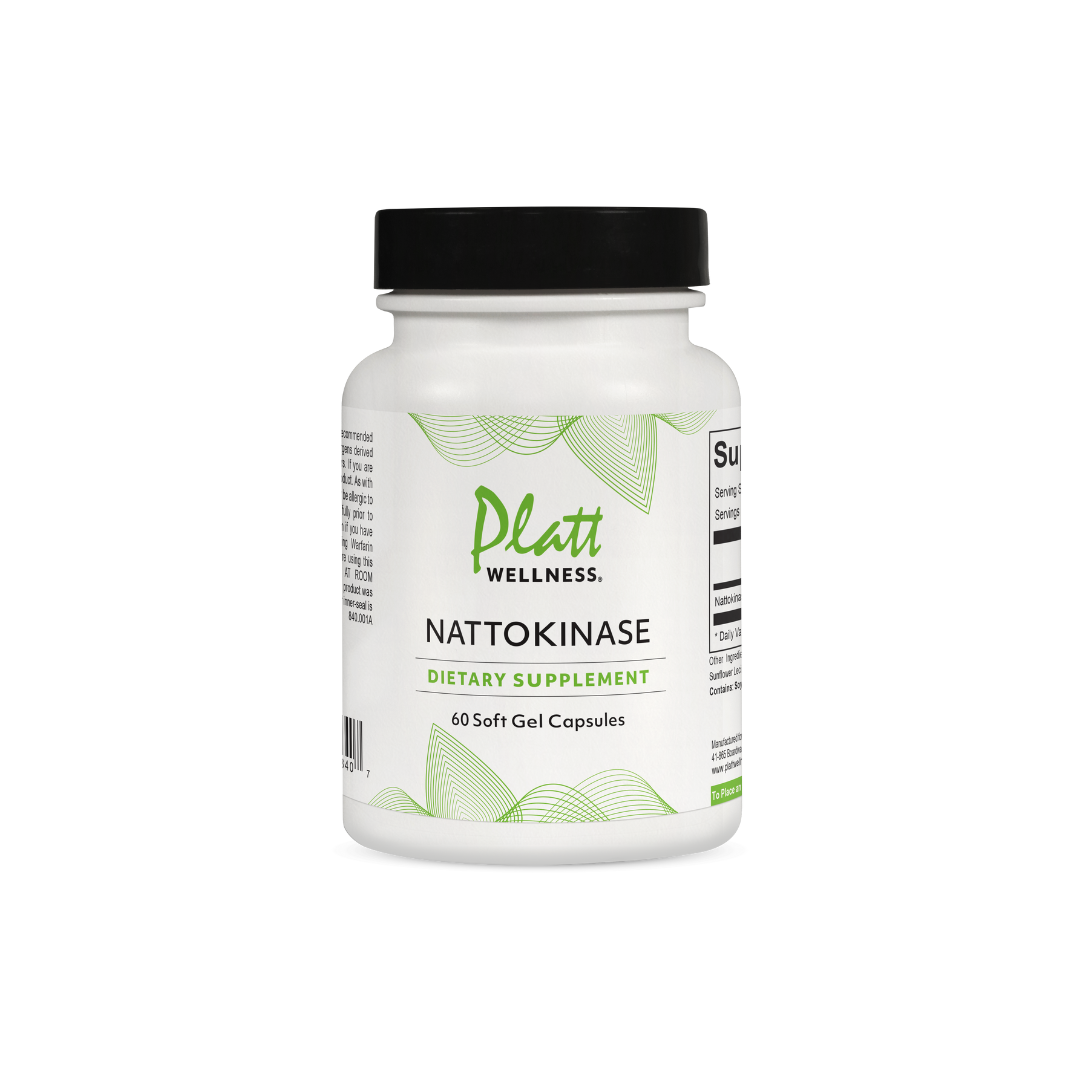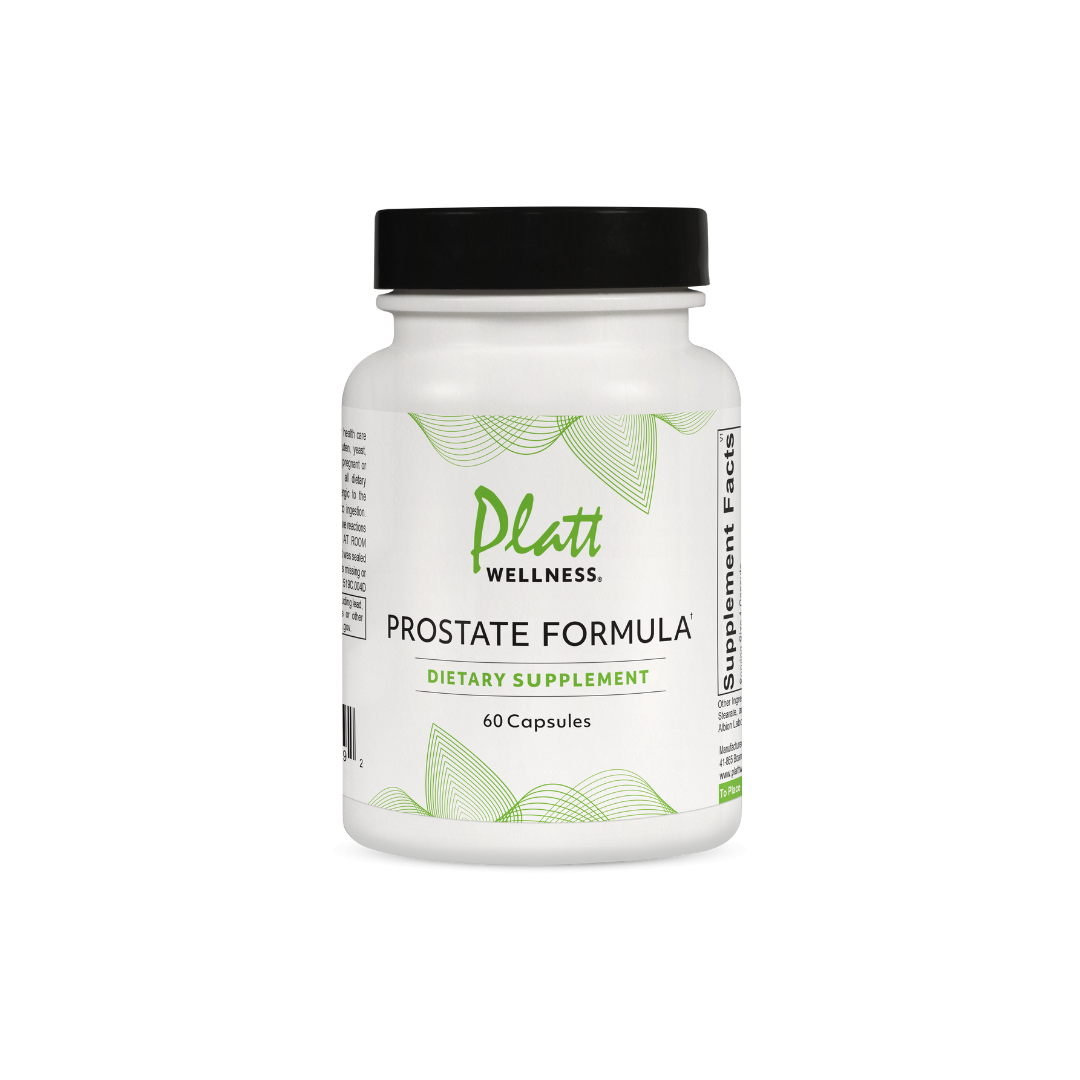In recent news, the CDC and American public health officials are concerned about a “Twindemic” with the upcoming flu season paired with a resurgence of COVID-19 and how they recommend the flu vaccine.
I have never been a fan of flu vaccines as I have stated in my blog posted October 2019 prior to the pandemic. In this blog I remarked on the historical ineffectiveness of flu vaccines and I have always recommended the importance of Vitamin D supplementation in lieu of a flu vaccine. Since my last post, and subsequently the coronavirus pandemic, a recent Northwestern Research study has reported that patients with a Vitamin D deficiency are twice as likely to experience severe complications of COVID-19, including death.
Let’s back up...a little about Vitamin D
Keep in mind that the importance of Vitamin D was discovered in the late 1800’s as a way to avoid rickets. Therefore, the recommended daily allowance (RDA) has always been based on preventing rickets and osteoporosis. Since then, many other health benefits of vitamin D and risks associated with deficiency have been reported. These include the following: autoimmune enhancement, skin cancer prevention, anti-inflammatory benefits, improving cognitive behaviors such as depression, Alzheimers and Parkinson’s, dementia and infections such as pneumonia, cardiac disease and yes, even respiratory infections.
Below is a chart of the RDA from the Institute of Medicine (IOM) and The Endocrine Society. The Endocrine Society bases their recommendation of Vitamin D because it acts as a prohormone and recommends a higher daily dose of Vitamin D than the IOM.
RECOMMENDED DAILY ALLOWANCES (RDA)

There is an ongoing debate about RDA’s for Vitamin D supplementation due to a wide variety of factors for each individual; how much sun are you exposed to daily? What is your diet? How does your liver and kidney metabolize Vitamin D? What is your age and lifestyle?
Normal vitamin D blood levels are stated to be between 30 and 100 (ng/mL) depending on your age. My feeling is the IOM doesn't really know what a normal level of vitamin D should be. It appears that most of us have lost the ability to convert sunlight into vitamin D even apart from our current lifestyle and use of sunscreen. Studies show a wide variation. Speaking for myself, my practice has been located in southern California, and I’ve never had a patient who wasn’t low in Vitamin D.
Every cell in the body has a receptor site for this important element. Over the years, I have routinely recommended 10,000 to 15,000 IU’s per day in thousands of my patients and have never had anyone develop any side effects. They all had blood levels greater than 100. Since our medical boards do not allow preventive medicine in this country, not surprisingly, the Institute of Medicine recommends doses no greater than 400 to 600 units per day. This dosage offers none of the benefits offered by Vitamin D3 that I have mentioned except for bone health.
Why most people are found Vitamin D deficient
Twenty percent of your Vitamin D supplementation is supposed to come from diet with the remaining 80% provided by our skin from UV-B exposure to the sun. However, as our lifestyles indicate we spend more time indoors and use sunscreen when outdoors; the result is that most people are Vitamin D deficient and need supplementation either from diet or vitamins. Not to mention, people metabolize Vitamin D differently based on liver and kidney function.
Vitamin D2, also known as ergocalciferol, comes from fortified foods, plant foods, and over-the-counter supplements. Vitamin D3, also known as cholecalciferol, comes from fortified foods, animal foods (fatty fish, cod liver oil, eggs, and liver), supplements, and can be made internally when your skin is exposed to ultraviolet (UV) radiation from the sun.
My thoughts about flu vaccines and the anticipated twindemic coming this Fall and Winter
We are entering the flu season and, without fail, there are multiple notices encouraging people to get flu shots. I have never been convinced that flu shots actually prevent the flu. In fact, I believe that they are more likely to give you flu-like symptoms. At best, they indicate a 30% benefit which I feel is suspiciously high. First, as with all vaccines, adverse effects can and will sometimes occur. Even fiercely pro-vaccine advocates have expressed concerns about possible adverse effects of a hurried-up COVID-19 vaccine. Especially a vaccine that is supposed to modify our genes.
I get aggravated by the media who participate in this yearly scam to encourage people to get flu shots by reporting the number of flu deaths. It is fairly well recognized that people dying from influenza have compromised immune systems in almost all cases. The media seldom reports on the benefit of enhancing one's immune system, especially to fight COVID-19.
The question, of course, arises, is there a better way to help prevent the flu and at the same time help ameliorate the coronavirus?
In fact, there is. As it happens, a therapeutic strength of vitamin D3 will help prevent the flu, as well as most colds. At the same time, vitamin D3 has been shown to prevent about 26 different cancers, with breast cancer at the top of the list. In addition, as it relates to COVID-19, vitamin D regulates and suppresses the cytokine inflammatory response. The ability to downregulate or modulate the inflammatory response is particularly important for COVID-19, as out of control inflammation (cytokine storm) is a primary cause of death.
The research linking vitamin D levels and COVID-19's cytokine storm is also just starting, but not surprising, says Bart Roep, PhD, chair of the department of diabetes immunology at City of Hope, a cancer center in Duarte, CA. Vitamin D, he says, is ''the negotiator" because "it doesn't suppress the immune system, it modulates it. Vitamin D makes the immune cells less inflammatory."
Vitamin D3, as stated above, has many other significant benefits. Many of these are related to the fact that it is a prohormone, rather than a vitamin. In high doses it helps prevent Type II diabetes, prevents dementia, helps with depression, and prevents and helps to eliminate osteoporosis. In addition, Vitamin D3 prevents sunburns, as well as the risk of skin cancer.
As a reminder, you should always take vitamin K2 when taking vitamin D to prevent calcium from calcifying blood vessels. Vitamin K2 has many of the same benefits as vitamin D. In addition, it actually takes calcium out of blood vessels and puts it into bones. The minimum dose of vitamin K2 is 180 mcg. In addition, you should avoid using gelcaps of vitamin D3 because oil impairs the absorption of vitamin D. Vitamin D is not a fat-soluble vitamin so oil is not needed for absorption.
Needless to say health, experts are warning us that we're likely to see a second wave of COVID-19 this fall, as temperatures drop. This means the time to start optimizing your vitamin D is now.
Also of interest, please read my "Are Your Zinc Deficient?"
Recommended dose: 10,000-15,000 IU of vitamin D3 per day, and 180-360 mcg of vitamin K2 (MK-7).
Taking two Vitamin D3 5,000 IU plus one Ultra K2 will give you 15,000 IU per day of D3 and is a two month supply.
If you are just starting Vitamin D supplementation, you can start with one 50,000 IU capsule every day for the first week or so, and then go to the 5,000 IU capsules and Ultra K (K2 with D3).
If you get a cold while on vitamin D3, take 10 capsules of D3 or one capsule of Vitamin D3 Max (50,000 IU) and you may feel the effects within 24 hours.
I would also like to note that Progesterone and Vitamin D regulate gene expression, and have a positive fundamental effect on cell differentiation and growth, with anti-oxidative and autoimmune anti-inflammatory mechanisms. Both positively affect the nervous system by stimulating neurotrophic factors, quenching oxidative hyperactivity and regulating autoimmune responses.
Other recommended immune boosting vitamins and supplements are:
-Magnesium: Magnesium is an essential cofactor for vitamin D synthesis, and activated vitamin D, in turn, can increase intestinal absorption of magnesium and, therefore, can form a feed-forward loop to maintain its homeostasis.
-Zinc - Maintaining adequate levels of zinc may help protect elderly individuals from pneumonia and its complications. According to investigators, those with normal serum zinc concentrations in their blood reduced their risk of developing pneumonia by about 50%.
-Melatonin - Melatonin exerts a tremendous influence on the body because it is a very powerful antioxidant, even more so than vitamin C and E.
-Vitamin C (lipospheric) - The Lypo-Spheric Vitamin C has superior absorption and bioavailability. Phospholipids create vitamin C- filled liposomes that are instantly absorbed by the small intestine and transported directly to the liver.
-----------
Please be aware that Dr. Platt is not licensed by the state of California. The treatment or information you read above is considered alternative or complementary to healing arts services which are not licensed in the state of California. Our goal here is to facilitate healing using the innate power of the body to do so. Suggestions will be made to help accomplish this goal. Allowing yourself to deal with the underlying cause of why you are not well will provide you with all the tools that you need. We encourage you to consult your physician regarding your treatment, recommended dosage and protocols.
Dr. Michael E. Platt has been board-certified in internal medicine. He has an office in Palm Desert, CA, devoted to wellness, hormones and offers supplements in the online store: www.plattwellness.com. He provides answers to questions at: questions@plattwellness.com. He is known nationally and internationally as a specialist in bio-identical hormones. He is also the author of: "Adrenaline Dominance", “The Miracle of Bio-identical Hormones”, and “The Platt Protocol for Hormone Balancing” – a wellness manual for healthcare practitioners.
